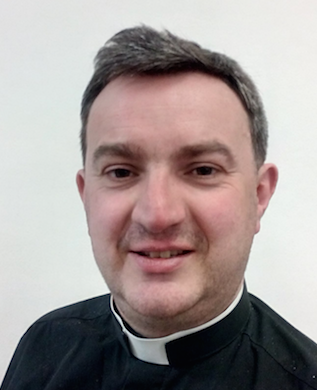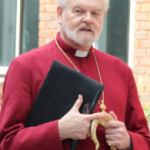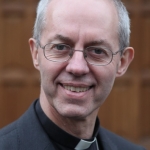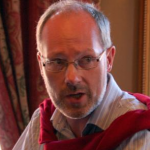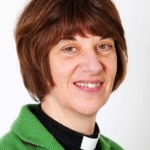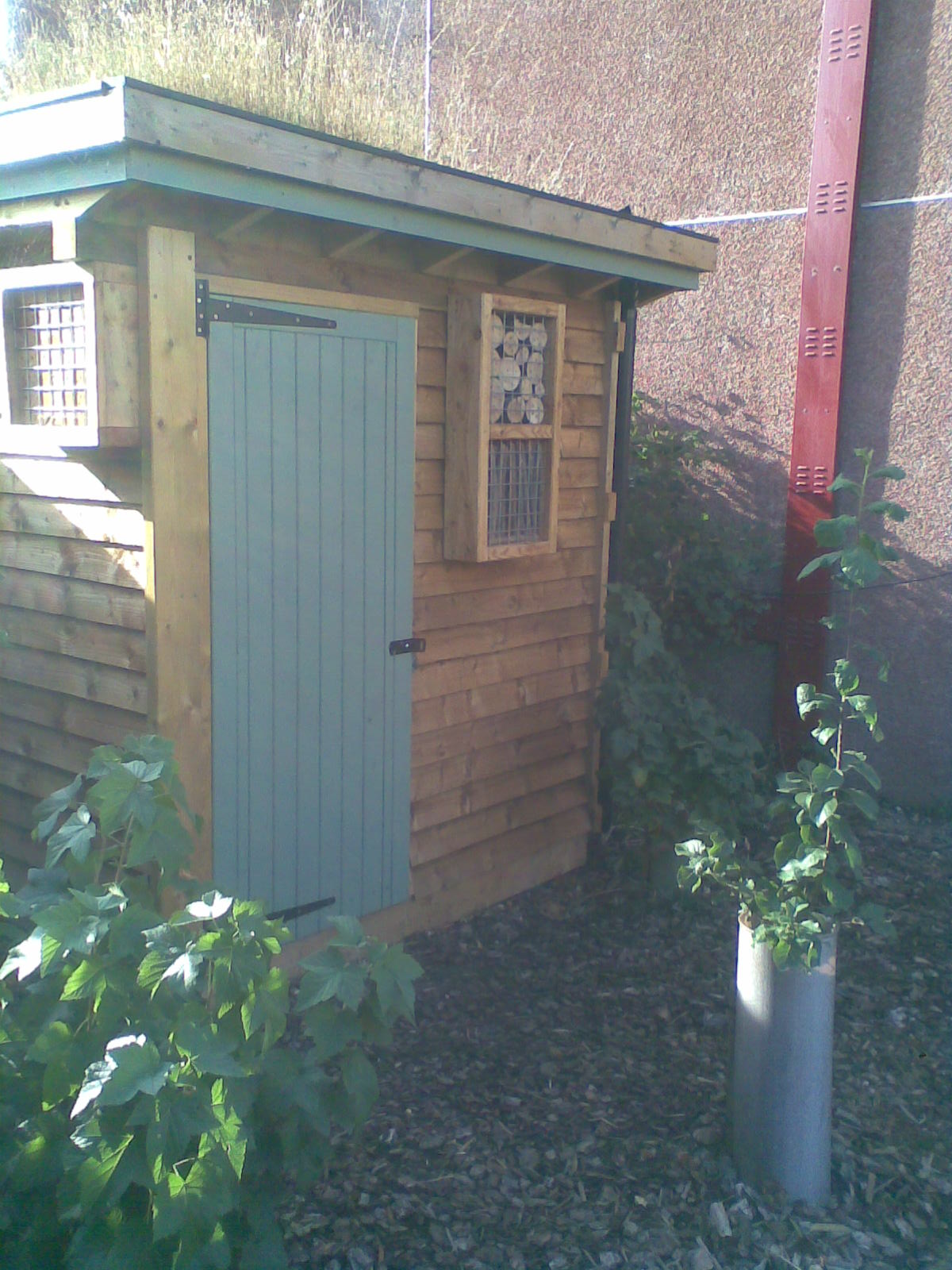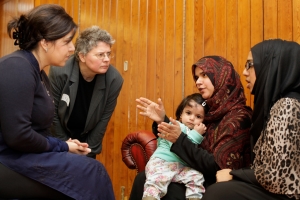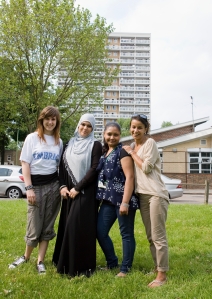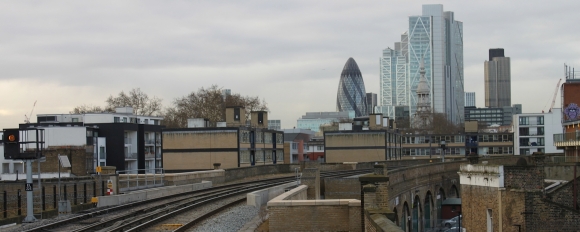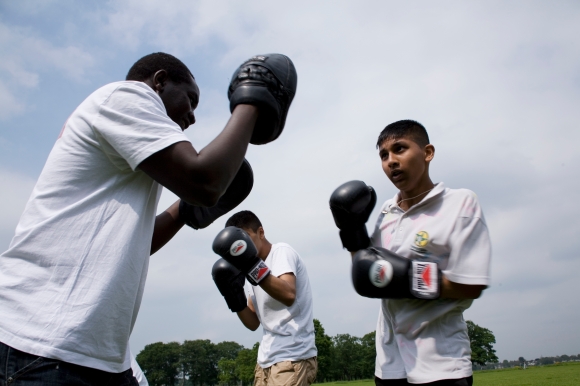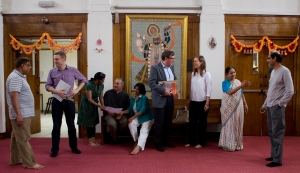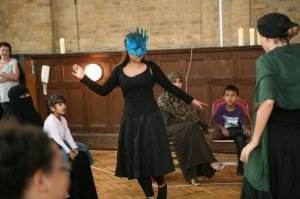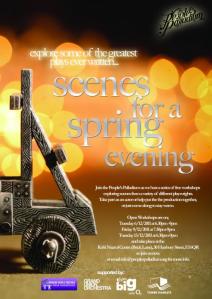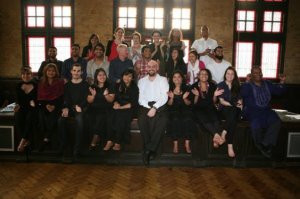 Last night, Centre Director Angus Ritchie preached at St Paul’s Cathedral, at a service for the Lord Mayors and Borough Mayors of London. His sermon explores Jesus’ understanding of servant leadership, and argues for an ‘authentic and inclusive populism’ instead of the ‘false populism’ which is damaging our politics today.
Last night, Centre Director Angus Ritchie preached at St Paul’s Cathedral, at a service for the Lord Mayors and Borough Mayors of London. His sermon explores Jesus’ understanding of servant leadership, and argues for an ‘authentic and inclusive populism’ instead of the ‘false populism’ which is damaging our politics today.
We are all here on earth to help others; what on earth the others are here for, I don’t know.
These words, made famous by WH Auden, capture the danger of always wanting to be the one serving – and never the one served. If I am always the one serving, I force those around me to be ever-grateful recipients. It’s a relationship that places me at the centre of the moral universe, every bit as much as simple selfishness.
Jesus sets before us a very different vision of servant leadership – a vision which has mutuality at its heart. Leaders may be called to serve others, but we also need to be open to being served. There is, therefore, a mutual vulnerability, a sharing of control and of responsibility.
Jesus’ humility as a leader is manifest in both his willingness to “be the servant of all” and his willingness to allow others to minister to him – often in situations that cause surprise or even scandal, for example when a woman breaks a bottle of expensive perfume over his feet and washes them with her hair.
In the ministry of Jesus, the most marginalised – lepers, women who would be deemed ritually unclean, the blind beggar Bartimaeus – are not just passive beneficiaries. He recognises them as actors, as tellers of uncomfortable truths, and disruptors of the status quo. Each of them has cried out to him for healing and for justice, with courage and tenacity. It is these qualities – not servility or excessive deference – that Jesus praises as true faith.
As Jesus says, those on the margins often see see the truth most clearly. In Matthew 11, he prays
I praise you, Father, Lord of heaven and earth, because you have hidden these things from the wise and learned, and revealed them to little children.
In Jesus’ eyes, the poorest and most marginalised are not simply recipients of help. They are bearers of God’s truth to the wider community. Moreover, as Jesus’ observes, they are very often the people who show forth God’s sacrificial generosity. Standing in the Temple, he contrasts the (ostentatious but proportionately tiny) giving of the rich with the offering of the widow whose small coin is all that she has.
That pattern – of a Church which is of and not just with or for the poorest in society – continues in the extraordinarily fruitful ministry of St Paul, planting new congregations across the Roman Empire. As he reminds the Christians in Corinth in our second lesson:
not many of you were wise by human standards, not many were powerful, not many were of noble birth. But God chose what is foolish in the world to shame the wise; God chose what is weak in the world to shame the strong; God chose what is low and despised in the world, things that are not, to reduce to nothing things that are, so that no one might boast in the presence of God.
In the eyes of the world, the poorest and most vulnerable may seem to be trapped in dependency – clients of benefactors or of bureaucracies. But in the economy of God, they are the source of transformation; the ones he raises up, again and again, to be the leaders in his Kingdom. What the world considers peripheral turns out to be the centre of his transforming work.
In Biblical terms, this is the pattern of God’s engagement with his people from the very beginning. Israel’s election – as a people enslaved and marginalised, but loved by the Lord of hosts – must shape their interactions with those beyond their community.
Remembering that they were once fragile and vulnerable, God’s people are told in our first lesson that they must “love the stranger”, for they too were “strangers in the land of Egypt.”
We live in an era of deep distrust of institutions both political and religious. Fairly or unfairly, there is a sense that established centres of power are increasingly detached from the lives of ordinary citizens.
This climate creates fertile soil for divisive and extremist populisms – movements that offer simplistic solutions to people’s sense of alienation and discontent, movements that offer an all-too-familiar array of scapegoats (usually religious, ethnic or social “strangers”) to blame for society’s ills
How, I wonder, would it affect our attitude to such populism if we stood where today’s Scriptures invite us to stand – if we thought of the poorest and most marginalised, not as the “hard to reach” or the objects of our charity, but as the very heart of God’s transforming work?
From that perspective, the problem with today’s political climate would not be that it is too populist – but that its populism is dishonest. In reality, those perpetrating a rhetoric of division and scapegoating are not rooted in the lives and communities they seek to inflame.
As Pope Francis has observed, “populism” has very different meanings in different contexts:
In Latin America, it means that the people —for instance, people’s movements — are the protagonists. They are self-organized. When I started to hear about populism in Europe I didn’t know what to make of it, until I realized that it had different meanings.
Francis is contrasting an authentic populism (in which the people are the protagonists) with a false “populism” in which people do not “talk among themselves” but seek refuge from their fears in a “charismatic leader”.
This false populism does not grow out of the experience or agency of ordinary citizens. It divides but it also disempowers. It leaves ordinary citizens as largely passive spectators – at most as cheerleaders behind charismatic leaders who are detached from the realities of their daily lives.
We see an authentic populism in the work of groups like Citizens UK. Their broad-based community organising is based on the institutions local residents are already part of, in which they are already learning to relate and negotiate across difference to build a common life.
Community organising is best known for its campaigns: for a Living Wage, affordable housing, a more welcoming attitude to refugees. The changes that organising has secured – many of them with the active co-operation of public servants in this congregation – are of course hugely significant in building more just and harmonious communities. But the most important feature of organising is its focus on the action of the very people whom policy-makers often call “hard to reach.” From their perspective the world looks very different: they experience power as something that is “hard to reach,” but when they find a way of organising together that can make a difference, they are willing to give sacrificially of their time and energy.
That is why so many of London’s churches have become involved in community organising. They are not just a voice for the voiceless. They are becoming places where the voiceless get to speak – and act – for themselves.
I think of Lucy, whose church helped her and her family fight eviction from their flat. At a prayer meeting soon after, she meditated with others on the words in the Gospel – ‘Be merciful as your heavenly Father is merciful’ and St. Peter’s exhortation to: ‘Be hospitable’. Lucy gave thanks for what she had experienced, and she and her family felt moved to give a home to another woman who faced homelessness in her small flat.
I think of Colleen, who had been trapped in spiralling debt because of the exploitative practices of Wonga – and who, despite the shame associated with indebtedness and poverty – was willing to stand up and tell her story, as part of the Citizens UK campaign to put a cap on payday lending. The ripples of her courageous witness, and that of so many other citizens, continue to be felt today.
I also think of Abdul, who through the Living Wage campaign, was brought face to face with the head of HSBC, whose office he cleaned on a poverty wage. “Sir John,” Abdul said, “we work in the same office and yet live in different worlds.” A year later, the bank began to pay Abdul a genuinely Living Wage – beginning a movement which continues to grow and flourish.
As civic leaders, you will be confronted every day with demands for new policies, new initiatives – to meet people’s needs and solve people’s problems. Weighing up the merits of such proposals is an important part of your work. But what is most significant about the stories of Lucy, Colleen and Abdul is the fact that (in Pope Francis’ words) they have been the protagonists – as have thousands of people like them, often in London’s most deprived and diverse neighbourhoods, people who are now organising together to tend and transform their common life. Their action embodies a truly authentic and inclusive populism
No new policy or new initiative will, on its own, address the malaise in our democratic order. The rise of false populisms, which divide and scapegoat, is a symptom of the alienation of an increasing number of citizens, from the democratic process – from the building and tending of a common life.
In our day, as in the times of Moses and of Jesus, God speaks and acts most powerfully and truthfully through the lives of the poorest. Far from being problems which need policy solutions, or clients who need help, they are the agents God chooses to place at the heart of his work of transformation. If we are to be servant leaders, we must begin by being open to the truths which they tell and the gifts which they bring – and helping to build a politics in which they too are protagonists.







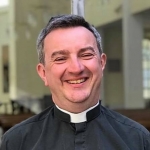 This is the last of our Director’s Lent blogs on silent prayer. His
This is the last of our Director’s Lent blogs on silent prayer. His 

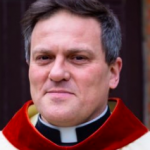




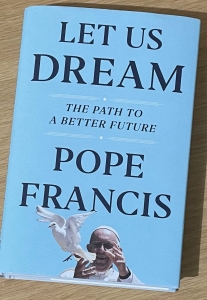
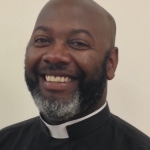
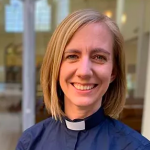








 In last Sunday’s sermon, Fr Richard Springer (Rector of
In last Sunday’s sermon, Fr Richard Springer (Rector of 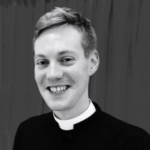



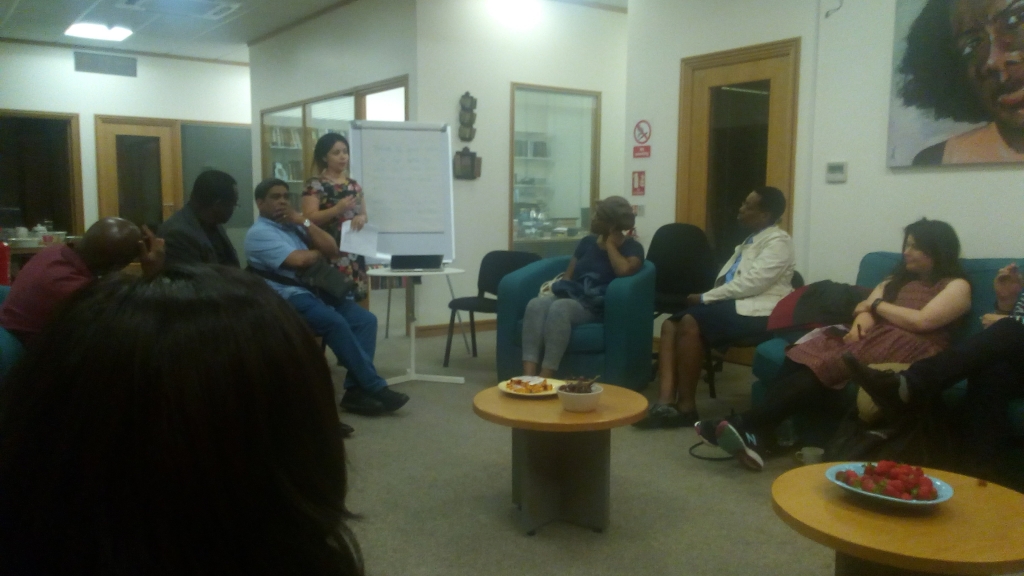
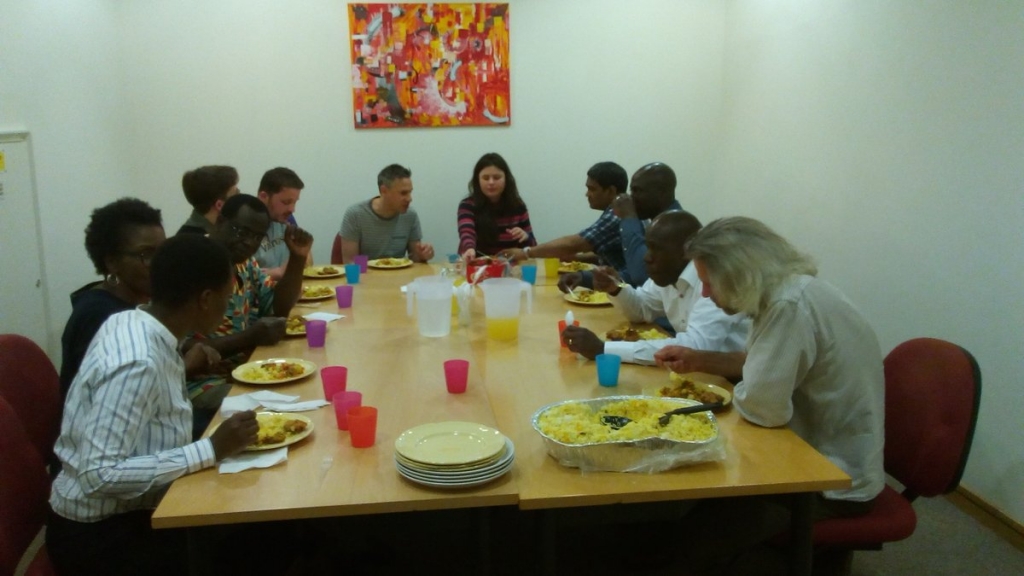

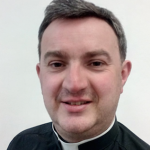







 Claire Moll is a member of the
Claire Moll is a member of the  In 2012, Austin Tiffany spent four weeks on CTC’s Summer Internship (known then as the “Jellicoe internship”). With
In 2012, Austin Tiffany spent four weeks on CTC’s Summer Internship (known then as the “Jellicoe internship”). With 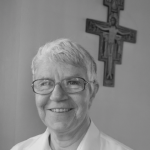 A Word from our Chaplain, Sr Josephine Canny OA, as we prepare to enter the season of Advent …
A Word from our Chaplain, Sr Josephine Canny OA, as we prepare to enter the season of Advent …



![IMG_20160523_113700[1]](http://www.theology-centre.org.uk/wp-content/uploads/2013/04/IMG_20160523_1137001.jpg)
